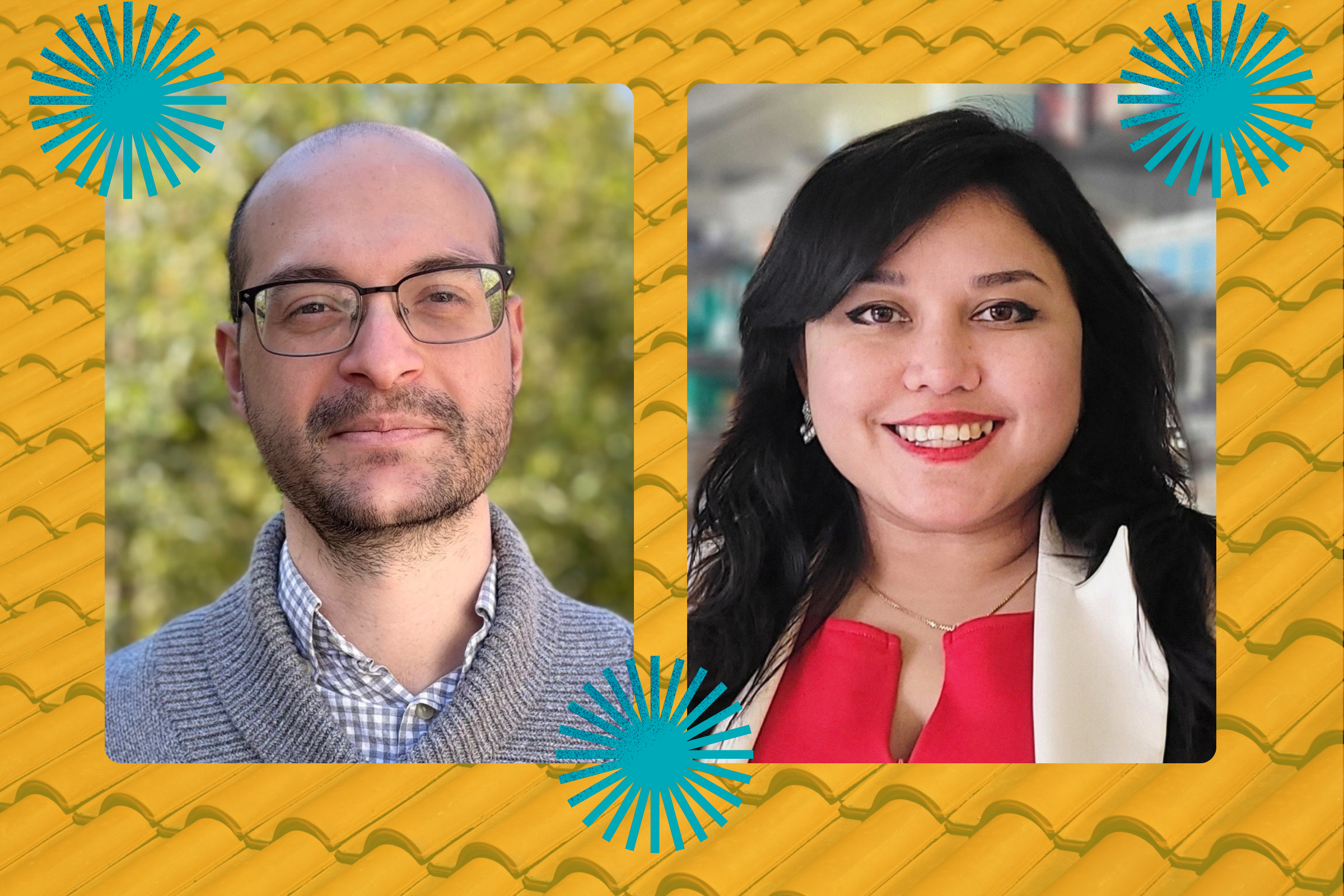Three College of Natural Sciences Faculty Win NSF CAREER Awards
The award, recognizing early-career faculty, will support research in computer science and physics.

William Gilpin, Daehyeok Kim, and Edoardo Baldini won NSF CAREER awards.
Three faculty members from the College of Natural Sciences have received Faculty Early Career Development Program (CAREER) Awards from the National Science Foundation. The award supports early-career faculty who have the potential to serve as academic role models in research and education and to lead advances in the mission of their department or organization.
Daehyeok Kim, assistant professor of computer science, focuses on designing new hardware and software systems that make cloud and edge data centers more efficient. His NSF CAREER award will support the development of NicOS, a new operating system for programmable network interface cards (NICs). These NICs are becoming increasingly critical in cloud data centers, especially for AI infrastructure, as they are essential for moving data across servers in data-intensive applications like AI model training and data analytics. NicOS aims to enable a “NIC as a service” model, sharing NIC capabilities across workloads, improving security, efficiency, and performance in multi-tenant environments. The research has the potential to reshape AI infrastructure design and drive broader adoption of programmable hardware in the cloud.
Edoardo Baldini, assistant professor of physics, uses light to discover new quantum phases of matter and develop methods to realize exotic functionalities from advanced materials. With the NSF CAREER award, Baldini will examine extremely thin materials called van der Waals magnets and develop strategies to manipulate the properties and energy transport of their electronic excitations. This research leverages the synergistic interplay of magnetic and optical behaviors of atomically thin materials to enable innovative applications in quantum devices, energy-efficient nanophotonics and information processing.
William Gilpin, assistant professor of physics, studies fluid dynamics, statistical learning and systems biology. With the NSF CAREER award, Gilpin aims to connect modern machine learning approaches to the classical physics of nonlinear systems. A key advantage of modern machine learning models lies in their ability to identify hidden patterns in large datasets. A strongly nonlinear system, like a turbulent fluid flow, is difficult to predict using a traditional computer simulation. That’s because very small perturbations, like the fluttering of a butterfly’s wings, can ripple out into large effects over time. However, complex systems often show statistical signatures, like frequently repeating events, that can be used to describe these systems. Gilpin will develop machine learning algorithms that search for these statistical descriptions and apply these tools to diverse time series datasets arising in neuroscience, organismal behavior, and gene expression.



